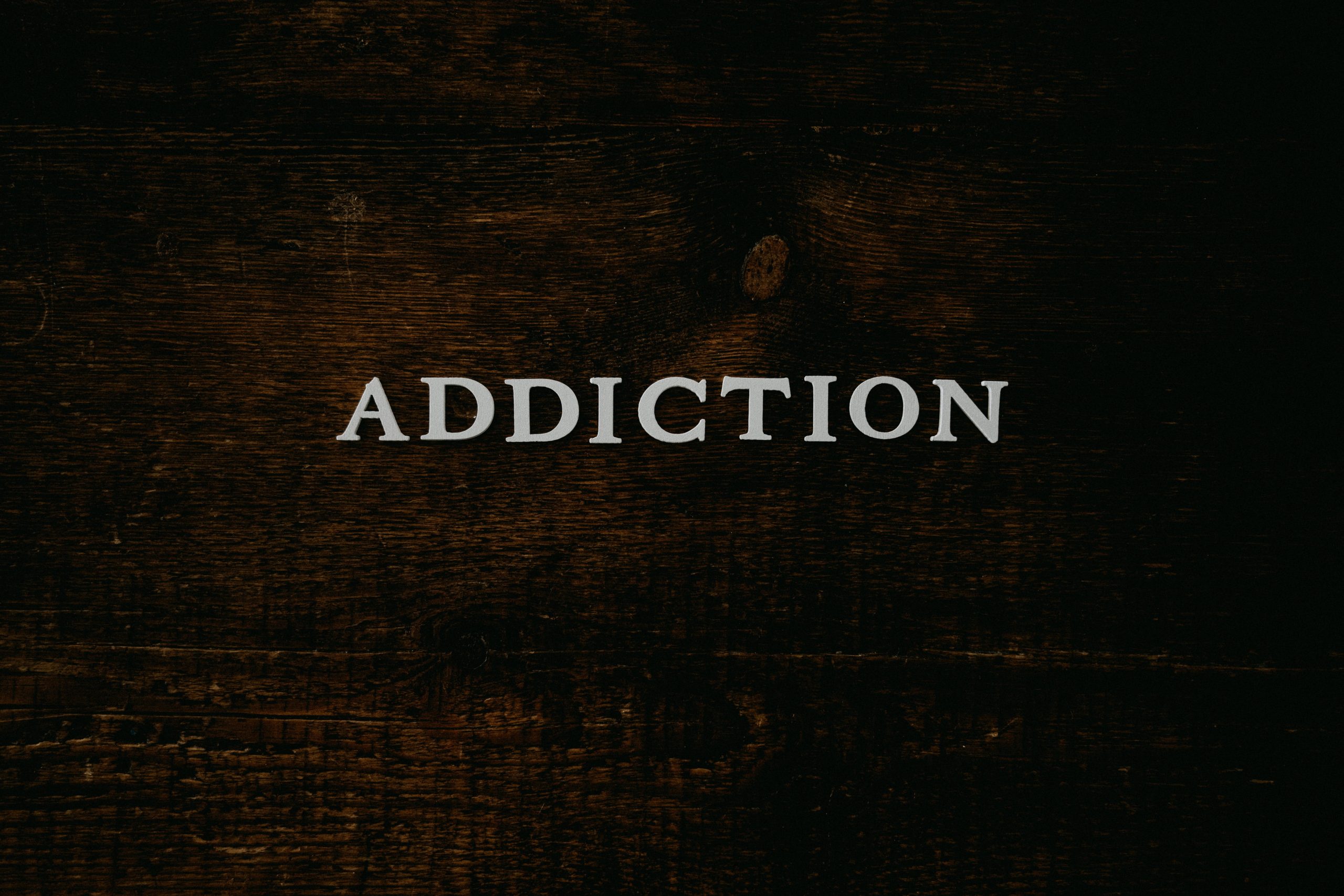Do you ever wonder why some people can’t seem to shake off their addiction no matter how hard they try? Understanding the brain’s reward system and its role in addictive behavior can help shed light on this complex issue. In this blog post, we’ll dive deep into how our brains are wired for rewards and what happens when that system goes awry. Join us as we explore the fascinating world of addiction and discover how a deeper awareness of our brains can help us overcome it.
What is addiction?
The brain’s reward system is a complex network of neurons that are responsible for pleasurable feelings. This system is what gives people the motivation to repeat behaviors that are necessary for survival, such as eating and drinking. However, it can also lead to addictive behaviors if it becomes dysregulated.
Addiction is a chronic, relapsing disease that is characterized by compulsive drug-seeking and use despite harmful consequences. The brain’s reward system plays a central role in addiction. When someone uses a substance or engages in a behavior that is addictive, the reward system is activated. This release of dopamine in the brain produces pleasurable sensations that reinforce the addictive behavior.
Over time, the individual will need more of the substance or experience more intense cravings to get the same effect from the reward system. This can lead to addiction, which is characterized by an inability to control one’s use of substances or engagement in certain behaviors despite negative consequences.
The brain’s reward system
The brain’s reward system is a set of structures that produce feelings of pleasure in response to certain stimuli. These structures include the ventral tegmental area (VTA), the nucleus accumbens, and the prefrontal cortex. The VTA is responsible for releasing dopamine, a neurotransmitter that plays a role in pleasure and motivation. The nucleus accumbens is involved in processing rewards and reinforcing behaviors. The prefrontal cortex is responsible for decision-making and controlling impulses.
Dopamine is released in response to activities that are necessary for survival, such as eating and drinking. However, it is also released in response to activities that are not necessary for survival, such as sex and taking drugs. When dopamine is released in response to these activities, it reinforces their associated behaviors by making them feel more pleasurable. This reinforcement can lead to addiction when the activities become excessive or harmful.
Excessive drug use alters the brain’s reward system by increasing the amount of dopamine that is released in response to drugs. This change makes drug use more rewarding and leads to compulsive drug-seeking behavior. Drug addiction is a chronic, relapsing disease characterized by compulsive drug seeking and use despite negative consequences. It is a complex disease that involves changes in the brain’s reward system as well as other areas of the brain involved in learning, memory, and decision-making.
Why addiction can happen
Addiction is a complex disease that can occur for a variety of reasons. Most experts agree that there is not one single cause of addiction, but rather it is the result of a combination of factors.
One of the key factors in addiction is the brain’s reward system. This system is designed to reinforce certain behaviors by providing pleasurable feelings or rewards. For example, when we eat, our brain releases chemicals that make us feel good. This reinforces the behavior of eating, and helps ensure that we continue to do so in order to receive those pleasurable feelings.
However, sometimes this reward system can go awry. Certain substances or activities can trigger an overproduction of chemicals in the brain, leading to an intense feeling of pleasure. This can become addictive as people seek out those substances or activities in order to experience that feeling again and again. Additionally, some people may be more susceptible to addiction due to genetic or other factors.
If you or someone you know is struggling with addiction, it’s important to understand that it’s not simply a matter of willpower. Addiction is a complex disease that requires professional help for treatment and recovery.
Treating addiction
Addiction is a chronic brain disease that causes compulsive drug seeking and use, despite negative consequences. Although it is often thought of as a problem with illegal drugs, addiction can also occur with alcohol, tobacco, and other legal substances.
The brain’s reward system is responsible for the pleasurable effects we feel when we do things that are essential for survival, such as eating and having sex. This system is designed to reinforce these behaviors by releasing a neurotransmitter called dopamine. However, addiction hijacks this system, causing the release of dopamine in response to drugs or other activities that are not essential for survival. This leads to compulsive drug seeking and use despite negative consequences.
There are many factors that contribute to addiction, including genetic predisposition, environment, and underlying mental health conditions. Treatment typically involves a combination of medication, individual counseling, and support groups.
Conclusion
The brain’s reward system is a complex and delicate network of pathways that can be easily disrupted. It is important to understand the potential for addiction in order to recognize signs of abuse and help those affected by it. With proper education, individuals struggling with substance use disorders can identify their triggers and learn how to cope with cravings without using drugs or alcohol as an escape. With greater understanding and support, we can provide hope for those suffering from substance use disorders so they may lead healthier lives.




